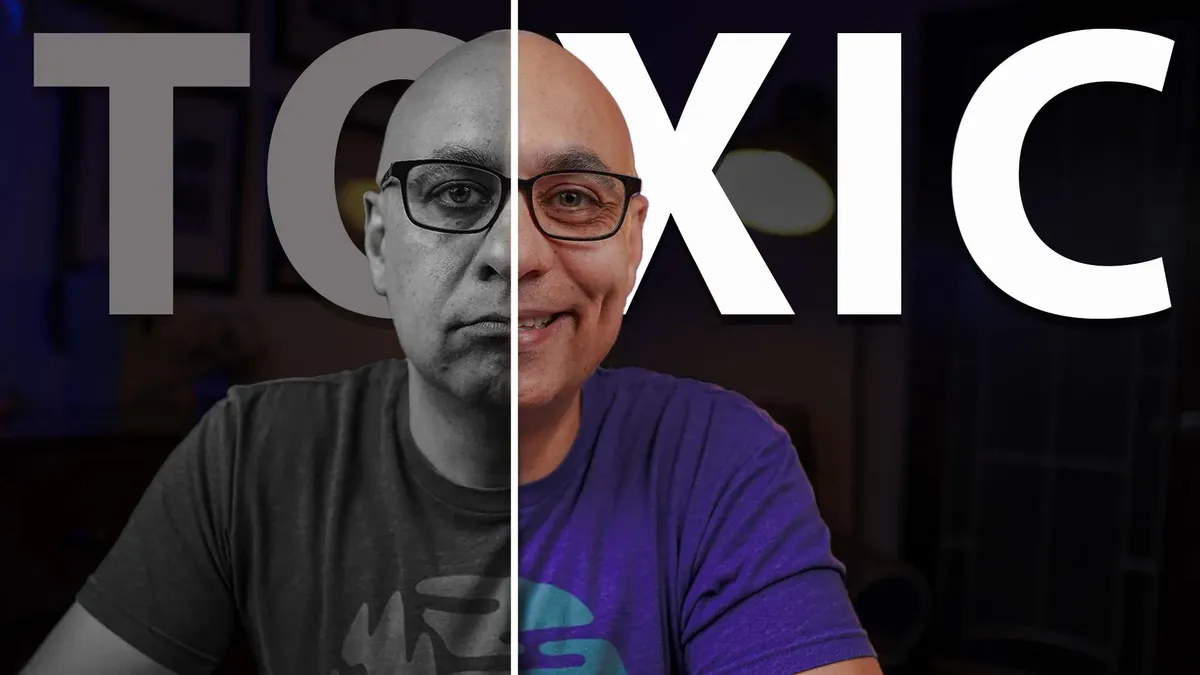30-Day Action Plan for Building Career Confidence
Stop waiting to feel confident. This 30-day plan uses small, daily, career-safe actions to build real, evidence-based confidence that works at work.
Read ArticleBy Art Harrison • July 1, 2025
In a world that warns against "toxic positivity," what if an action-oriented, solution-focused mindset is actually an intrapreneurial superpower?

Everyone's talking about toxic positivity like it's the worst thing you can do. Psychology experts warn against it. Self-help gurus say it's harmful. And they’re often right.
But what if they're wrong when it comes to the mindset needed to drive change and lead initiatives? What if the same pattern that therapists warn against is exactly what separates top performers from everyone else who gives up at the first sign of real difficulty?
I've been accused of toxic positivity more times than I can count. After 25 years of building things, I'm starting to think it might be one of my greatest strengths—not despite the label, but because of what it represents in an action-oriented context.
I once suggested to a friend who was stuck in her career that she spend one week focused only on what she could control. Her response? "That's toxic positivity. I need to process my negative emotions first." Six months later, she was still processing. Still stuck.
That’s when I realized the crucial distinction: the therapeutic definition of "processing" assumes you have the luxury of waiting for the right emotional state before acting. But in a professional career, action while uncomfortable is often the only path forward.
If I had stopped to "process" every negative emotion I felt when building a project—every piece of critical feedback, every budget cut, every stakeholder conflict—I would have been processing full-time. Instead, I developed what some would call toxic positivity:
This approach kept me moving forward when stopping would have meant giving up. It's a key part of building confidence to act despite uncertainty.
I'm not advocating for ignoring reality. There's a crucial difference.
The boundary is simple: if your positivity helps you act despite fear, it's productive. If it prevents you from acknowledging real problems, it's delusional.
This is a learnable skill, not a personality trait.
The professionals who succeed long-term are the ones who can act while feeling bad. While others are waiting to feel confident, you can be taking the actions that build confidence. Your "toxic positivity" isn't a character flaw to fix—it's a professional strength to leverage.
The 6-week FSTEP program helps you build the habit of productive positivity, focusing on solutions and consistent action even when things are uncertain.
See how this mindset feels in practice with our free 5-Day Action Challenge.
Stop planning and start building. Take the first step toward turning your ideas into reality.